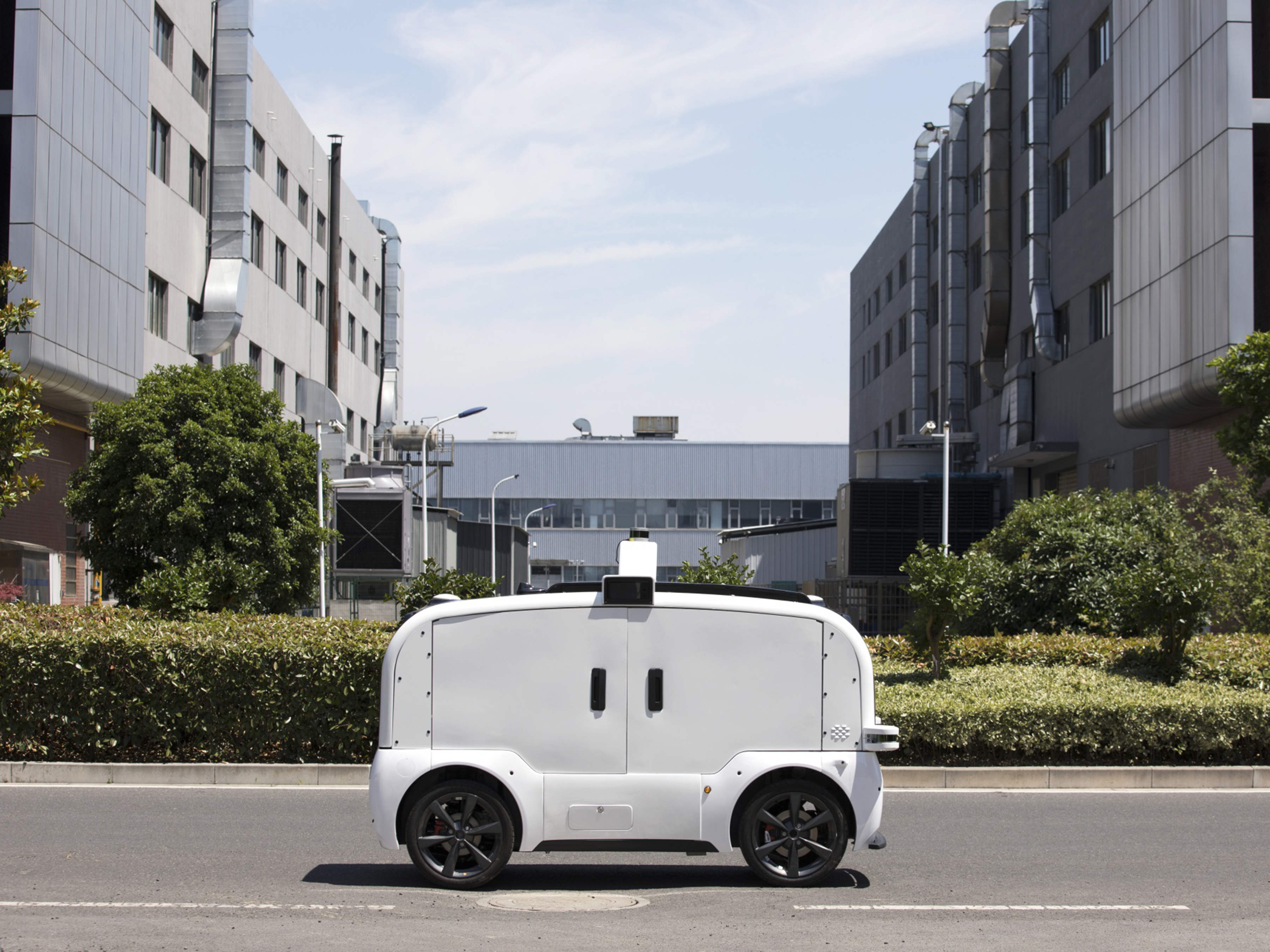
Retailers are launching new programs and collaborative efforts to improve customer experience in last-mile delivery.
Market players are deploying a variety of technologically advanced delivery systems and innovative programs to improve the quality of last-mile delivery. They include the adoption of robots, such as an autonomous delivery robot (ADR) developed by Nokia at its Paris research and development facility, as part of a Last Mile Autonomous Delivery (LMAD) project. The technology eliminates the need for receivers to pick up parcels at a central warehouse. The company plans to run an extensive pilot program in the first quarter of 2020.
Demand for autonomous last-mile delivery is growing rapidly. According to a report published by Allied Market Research, the global autonomous last-mile delivery market is expected to reach $75.65 billion by 2030.
In addition to adopting robots, companies have begun launching their own last-mile delivery options. The Container Store’s Dolly service is aimed at customers who buy costly items that are difficult to deliver. It has reduced delivery time from four hours to 30 minutes. Dolly relies on the driver handling a single order at a time, which keeps deliveries on schedule.
Convey, a leading provider of delivery experience management (DEM), has launched a program called ConveyPLUS, consisting of a network of more than 20 partners. It’s intended to help retailers provide fast and efficient delivery, while providing maximum returns on their supply-chain investments.
Foodkart, the largest food-delivery network within Gulf Cooperation Council (GCC) countries, is collaborating with GetSwift Limited for a last-mile logistics platform offered under a software-as-a-service (SaaS) model. The company will utilize the services of GetSwift in the United Arab Emirates, Qatar, Oman, and Bahrain. Foodkart makes nearly 18,000 deliveries a day to more than 500 clients, both local and multinational in scope.
Pratik Kirve is a specialist and content writer with Allied Market Research.







